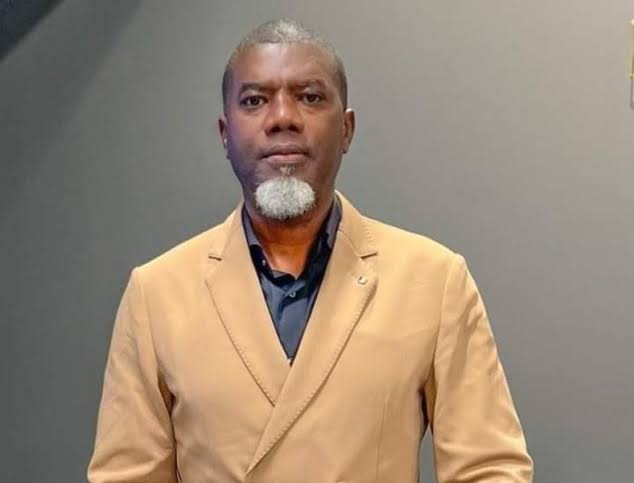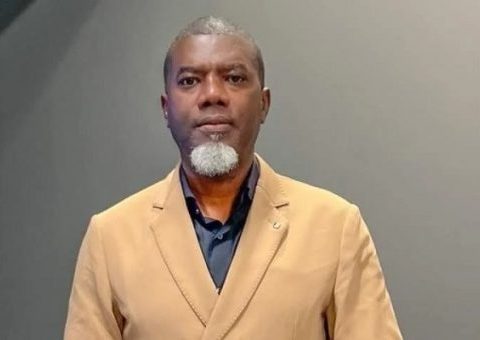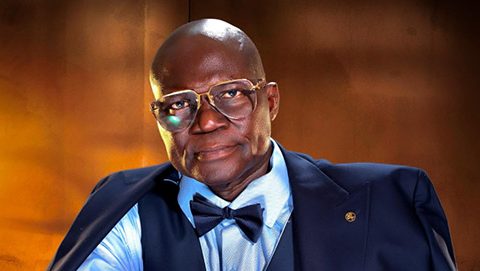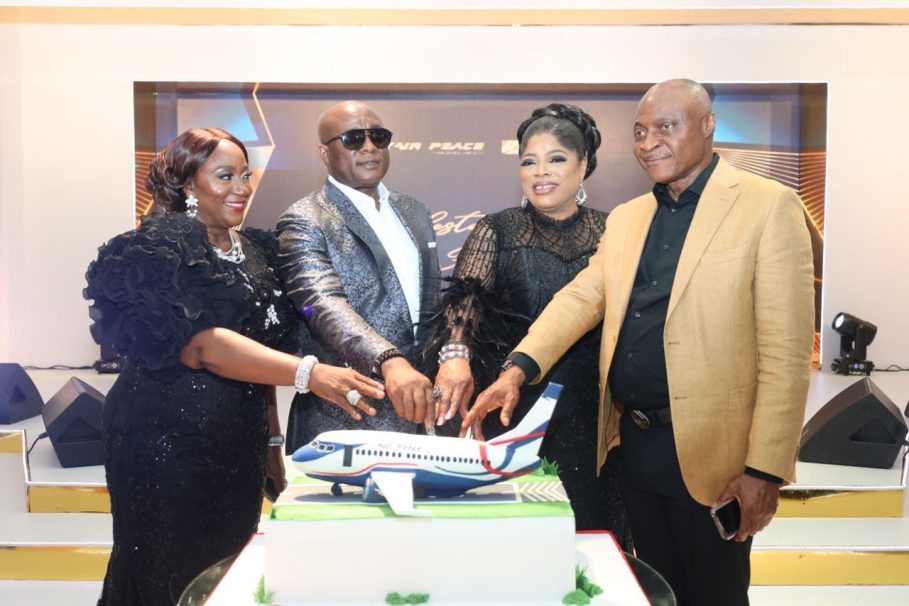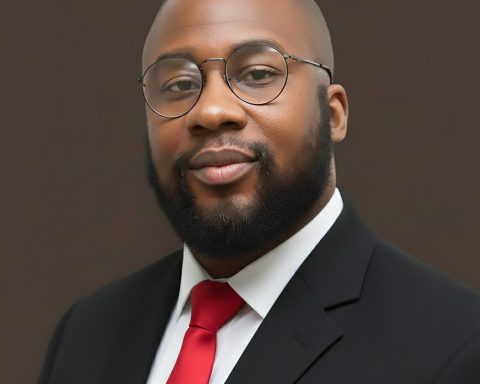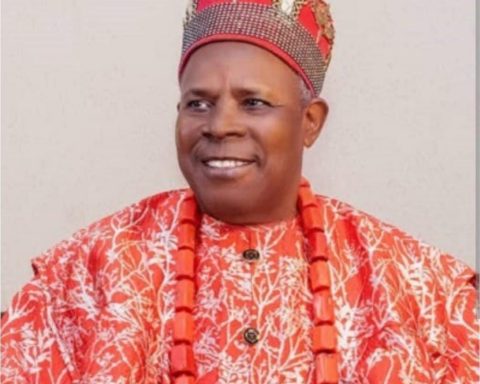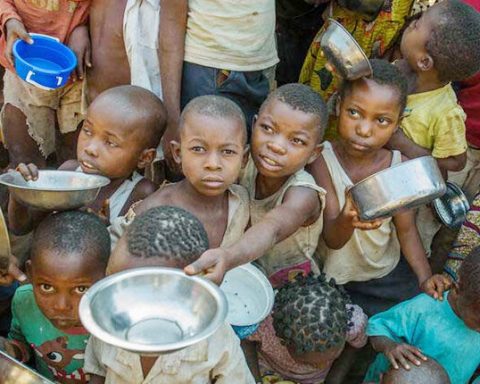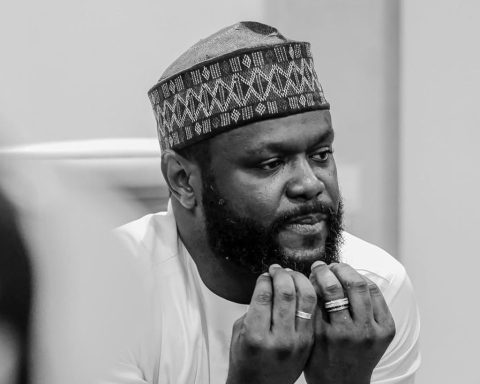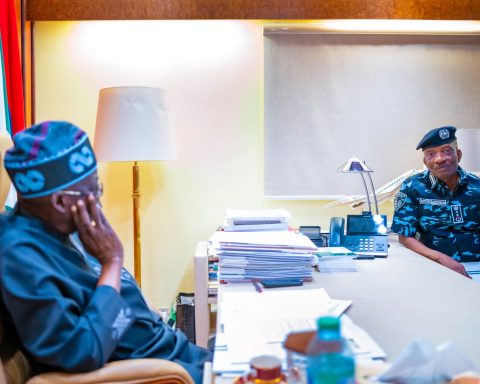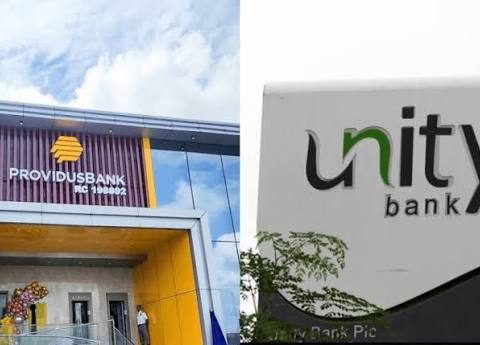In 2005, a Nigerian journalist, Dele Olojede, won the highly famed Pulitzer Prize for an article on Nigeria. In the opening paragraph of the article published in New York’s daily newspaper, Newsday, he wrote: “Nigeria is hot, its people blame themselves for its problems, and they love doctorates, fast cars, and profiling themselves based on religious and ethnic identities.” Olojede’s award-winning article truly painted a grim image of Nigeria, reminding us of how some fair-weather politicians curry fame, and political jobbery on the altars of religious and ethnic profiling, while pointing accusing fingers elsewhere.
In 2023, Bayo Onanuga, then Tinubu’s campaign spokesman and his co-travelers, Reno Omokri (former aide to President Goodluck Jonathan) and Femi Fani Kayode (former minister of culture & tourism as well as aviation) took ethnic profiling to a new high when they asked those who didn’t like Lagos to relocate and never again to imagine interfering in Lagos politics. Everyone knew who they were describing, and the hatchet ethnic job they were doing.
Join our WhatsApp ChannelFor the avoidance of doubt, the trio were chastising the Igbo people just because they (Igbo) were thought to have in the main voted against the APC in the 2023 presidential elections. The trio also spearheaded the stereotyping of Gbadebo Rhodes-Vivour (GRV), the Labour Party gubernatorial candidate in Lagos, as an ‘Igbo outcast’ for belonging to the Labour Party, a trumped-up Igbo party, as well as for being born of an Igbo Mother and having an Igbo wife. In November 2023, Reno Omokri attacked Igbos because he alleged that they had accused the Lagos governor, Sanwo-Olu, of destroying Igbo properties and businesses, because they did not vote for him during his bid for a second term. Quite rightly, many commentators have asked Reno the simple question: Is the political freedom to choose a candidate no longer a part of the fundamental rights of Nigerians or are Igbo people first an undesirable ethnic nationality before all else?
And as if Reno did not hear the sharp rebukes that came from everywhere, he again played the ethnic card, April 14, when he indirectly accused the Labour Party of being owned and peopled by members from a section of Nigeria. He also indirectly accused them of being the architects of attacks on President Tinubu and the National Security Adviser, Mallam Nuhu Ribadu, for calling out Binance, a cryptocurrency exchange platform, over the sustained naira free fall in the international market. Can we imagine that Reno Omokri was rejoicing that immediately after Binance was ‘chased out of Nigeria’, the Naira stabilized, having fallen from N1,880 to the dollar to N1065. How much was this exchange rate in 2015, and what happened to the exchange until the Binance issue in 2024. These are questions that Reno should address, rather than latching onto cheap ethnic profiling? Accordingly, experts have duly answered Reno on the true causes of the Naira debacle, and how the present government is being wrongly or rightly accused of willfully orchestrating its own Naira downfall.
READ ALSO:
Obi’s Achievement As Governor Not Better Than Lagos LG Chair – Reno Omokri Argues
Tinubu’s CSU Record: I’ll Offer $100,000 Reward To Anyone With Proof Of Forgery – Reno Omokri
Reno Omokri Laments Online Abuse By Peter Obi’s ‘Supporters’
Is Ethnicity Reno’s Political Currency?
Reno still needs to be quizzed for his high proclivity to ethnicity. He is one of those stoking the flames of ethnicity, which continues to burn the peace of Nigeria. It is also unfortunate that those he supports do not call him to order, showing how much our leaders profit from ethnicity to the detriment of national interests. Former President Buhari was accused of being a famous ethnic merchant, having run his government almost completely on the corridors of ethnic jingoism.
In 2010-2011, when Reno worked with former President Jonathan as Minister of New Media, he employed ethnic tools to attack people like former CBN governor, Sanusi Lamido Sanusi and former Kadua governor, Malam Nasir El-Rufai. For many like Reno Omokri, religious and ethnic profiling are joker cards in Nigeria’s cesspit of political profiteering. They play these wild cards as pokers of political acceptance in the move from one party to any government in power (AGIP).
When IPOB leader, Nnamdi Kanu, accused Jonathan in 2011 of being weak, Reno quickly stepped in to attack Mr Kanu. Reno also swiftly upgraded his anger to ethnic attacks when he unconnectedly accused Nnamdi Azikiwe of choosing to be Owelle of Onitsha, and not even of Nigeria. Reno forgot about the Zik of Africa. Reno had also betrayed his primordial attachment to ethnicity when he taunted the Igbos as a proud people who would never prostrate to greet their elders, completely forgetting cultural and religious diversity.
For all his exposure, advocacies, awards and even tendencies towards populism, Reno Omokri, a social media influencer and former presidential aide, is increasingly profiting from ethnic irredentism. In the first seven months of the Tinubu presidency, at least 86 people were killed or kidnapped in Abuja, with scores more maimed elsewhere in North central Nigeria. Amidst the flurry of attacks against Tinubu’s government, Reno stepped in to absolve the president of blame, arguing that 617 people in Chicago and 386 in New York City had been killed in 2023 and 70 in St Louis Missouri in the first three weeks of 2024. What a mismatch of analysis?
Calling Reno’s Attention to the Real Problems
Reno must be reminded that ethnicity has cost the country a lot, considering that all the religious and ethnic movements in Nigeria have been fed by comments like his. From the Nigeria-Biafra civil war to the Maitatsine uprising of the early 1980s to MASSOB-MOSOSP and Boko Haram, of the late 1990s, Avengers, IPOB, Amotekun, farmer-herder conflicts of the 2000s and 2020s, Nigeria has seen enough of ethnic and religious movements.
When Buhari tinkered with a law on hate speech in 2017, many analysts told him that ethnicity and religious fundamentalism (Buharis’s alleged Achilles heels) were the root cause of Nigeria’s problems, not hate speech. Ethnicity and religious fundamentalism, in fact, bred hate speech. Such a rebuke is germane in this era of Reno’s ethnicity remix. Ethnicity has both complicated and made it difficult for Nigeria to meaningfully address the real problems of the country such as poor leadership, corruption and insecurity, which have combined effectively to paralyze government and the security agencies. They are the problems affecting agriculture, productivity, business and free movement, without which the naira can never rise from the ashes. Financial firms such as Binance and the average Nigerian of any ethnicity are not basically the problem.
Dr Mbamalu, a Jefferson Fellow and Member of the Nigerian Guild of Editors (NGE), is a Publisher and Communications/Media Consultant. His extensive research works on Renewable Energy and Health Communication are published in several international journals, including the prestigious SAGE Journals.
Dr. Marcel Mbamalu is a distinguished communication scholar, journalist, and entrepreneur with three decades of experience in the media industry. He holds a Ph.D. in Mass Communication from the University of Nigeria, Nsukka, and serves as the publisher of Prime Business Africa, a renowned multimedia news platform catering to Nigeria and Africa's socio-economic needs.
Dr. Mbamalu's journalism career spans over two decades, during which he honed his skills at The Guardian Newspaper, rising to the position of senior editor. Notably, between 2018 and 2023, he collaborated with the World Health Organization (WHO) in Northeast Nigeria, training senior journalists on conflict reporting and health journalism.
Dr. Mbamalu's expertise has earned him international recognition. He was the sole African representative at the 2023 Jefferson Fellowship program, participating in a study tour of the United States and Asia (Japan and Hong Kong) on inclusion, income gaps, and migration issues.
In 2020, he was part of a global media team that covered the United States presidential election.
Dr. Mbamalu has attended prestigious media trainings, including the Bloomberg Financial Journalism Training and the Reuters/AfDB Training on "Effective Coverage of Infrastructural Development in Africa."
As a columnist for The Punch Newspaper, with insightful articles published in other prominent Nigerian dailies, including ThisDay, Leadership, The Sun, and The Guardian, Dr. Mbamalu regularly provides in-depth analysis on socio-political and economic issues.


